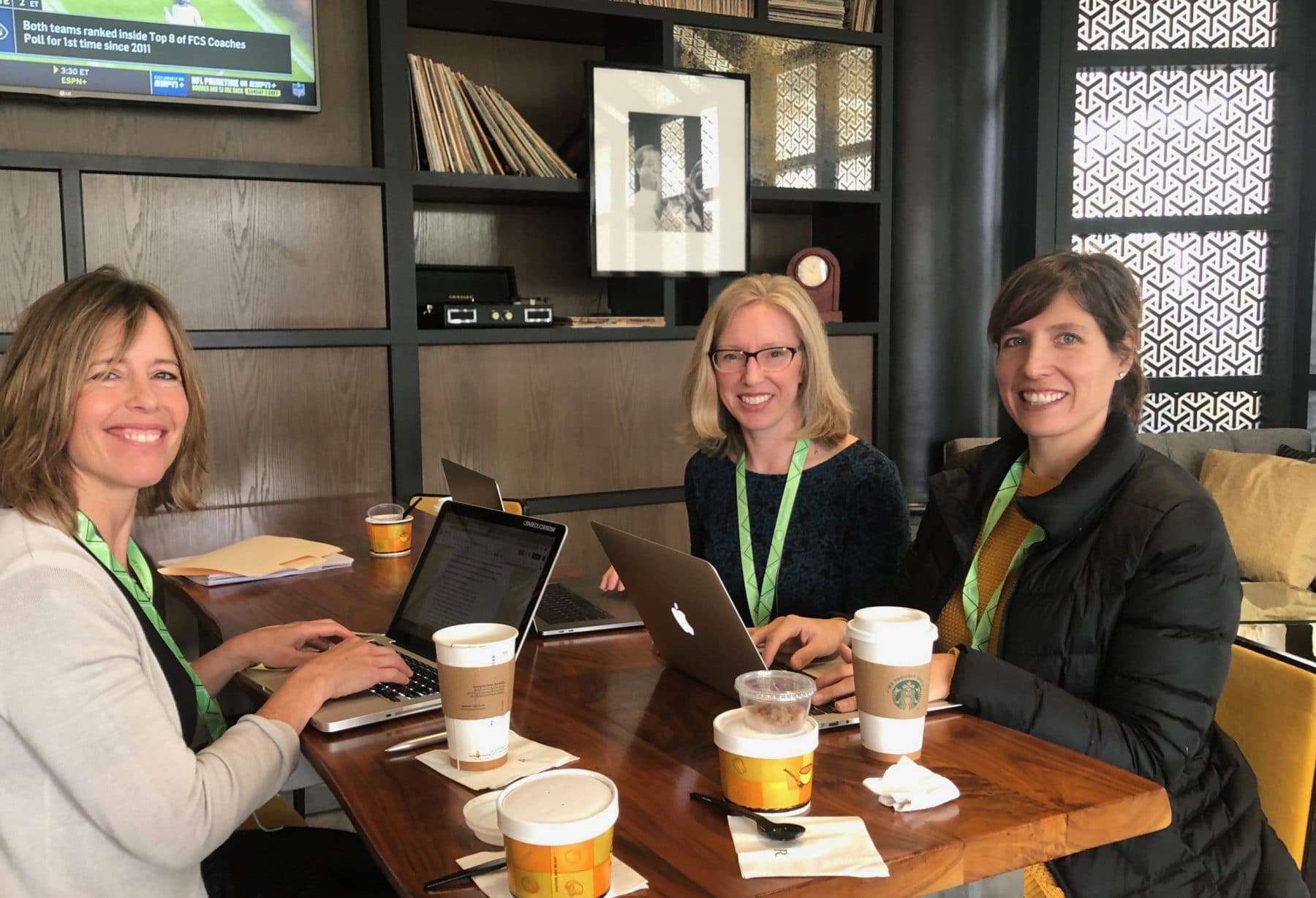Heidi L. Hallman
Heidi L. Hallman
Professor of Curriculum and Teaching
University of Kansas
Stories for All brings together over forty community and University of Kansas partner projects. This page enables you to identify partner projects that interest you and takes you to their websites.
You can search and filter projects by topic, partner, or digital genre. Please contact storiesforall@ku.edu if you have any difficulties.
